Most Children With Neonatal Seizures Develop Typically by Age 6
This study looked at how children aged 5 to 6 years who had neonatal seizures (seizures that occur in newborns due to a specific cause) develop over time.
This hub covers epilepsy comorbidities, which are the other conditions that often show up alongside seizures (like ADHD, anxiety, depression, autism, and sleep issues). Plain-language research takeaways for families.
Often both. Shared brain networks, stress, sleep disruption, and medication effects can all contribute.
Track timing: New symptoms after med changes or dose increases may point to side effects.
If school is hard, attention/memory changes, or there’s concern about learning, yes, it can guide supports.
Sometimes. Improving sleep and stress can reduce seizure susceptibility in some people.
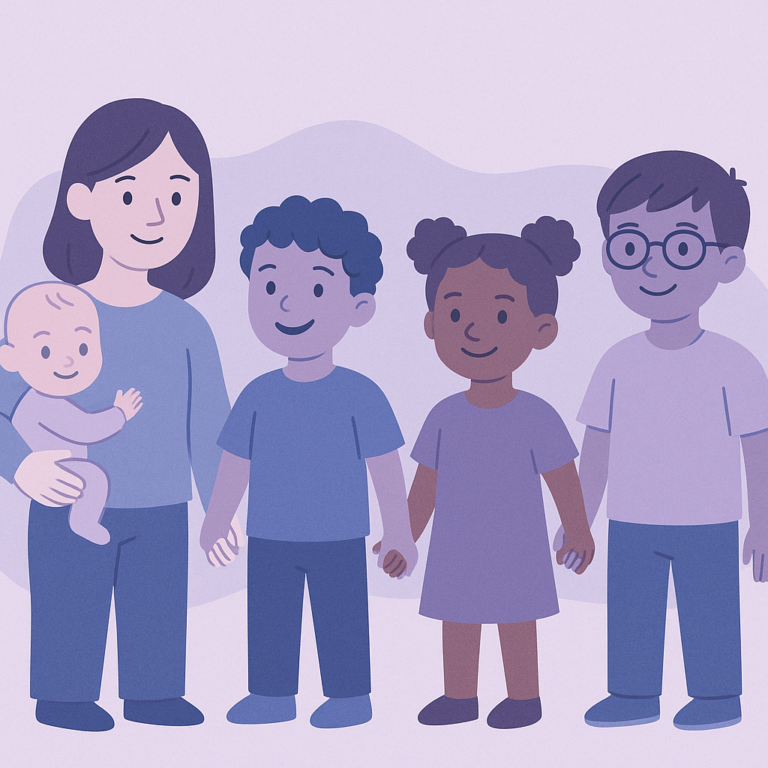
This study looked at how children aged 5 to 6 years who had neonatal seizures (seizures that occur in newborns due to a specific cause) develop over time.
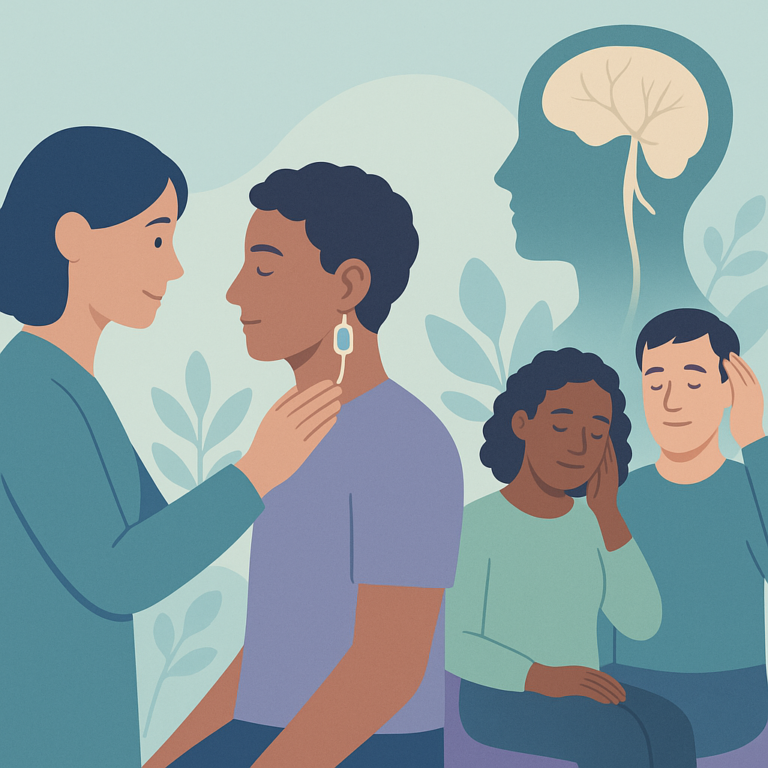
In this study, researchers looked at the effects of a treatment called transcutaneous auricular vagus nerve stimulation (taVNS) on patients who have both epilepsy and migraine.
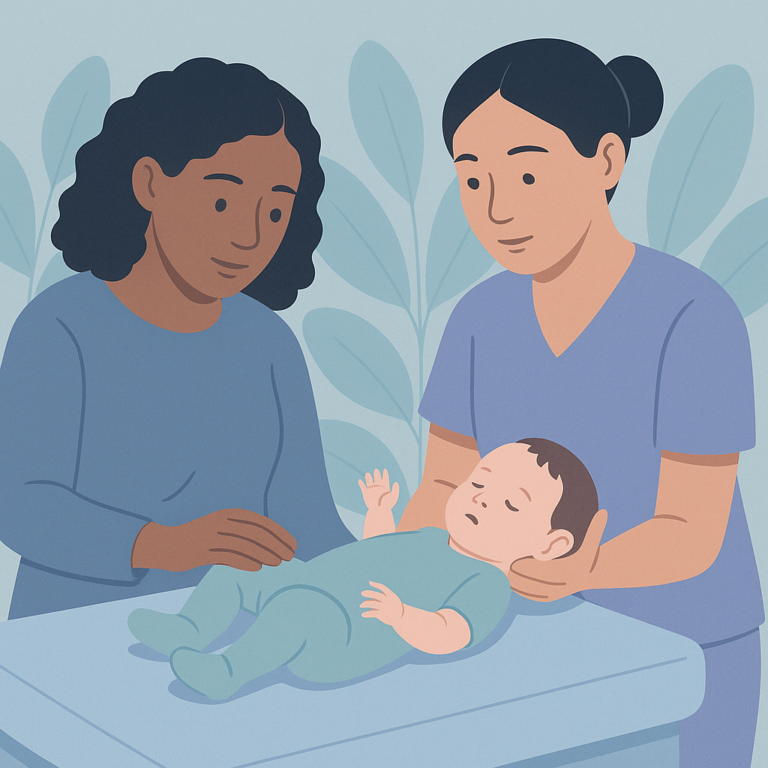
Researchers studied how to treat seizures in newborns, particularly focusing on those who experience seizures shortly after birth.
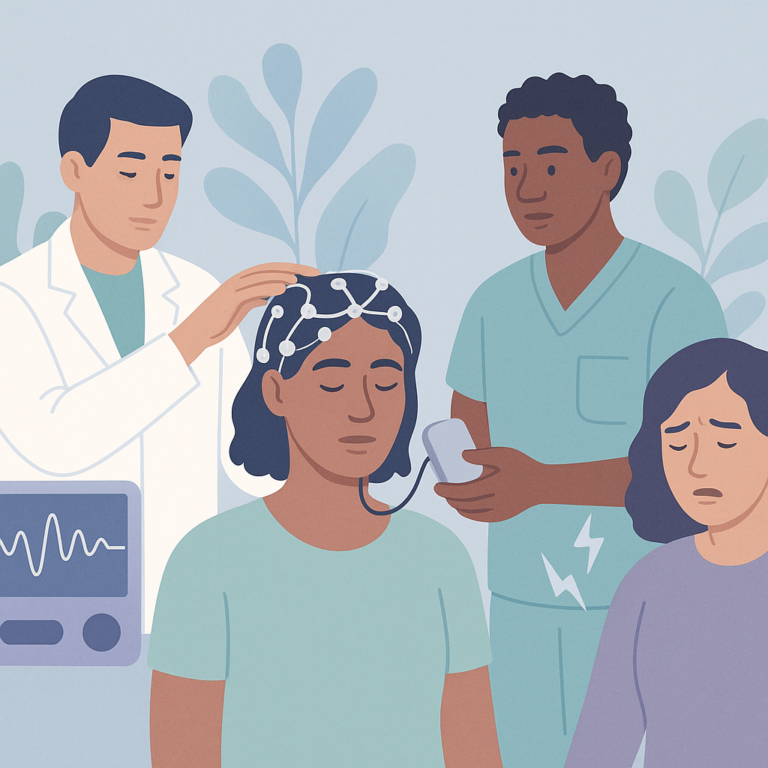
This study looked at how well three different neuromodulation techniques—Vagus Nerve Stimulation (VNS), Responsive Neurostimulation (RNS), and Deep Brain Stimulation (DBS)—work for adults with refractory bitemporal lobe epilepsy (BTLE), which is a type of epilepsy that is hard to treat…

This study looked at how Finnish adolescents with epilepsy transition to adult healthcare.
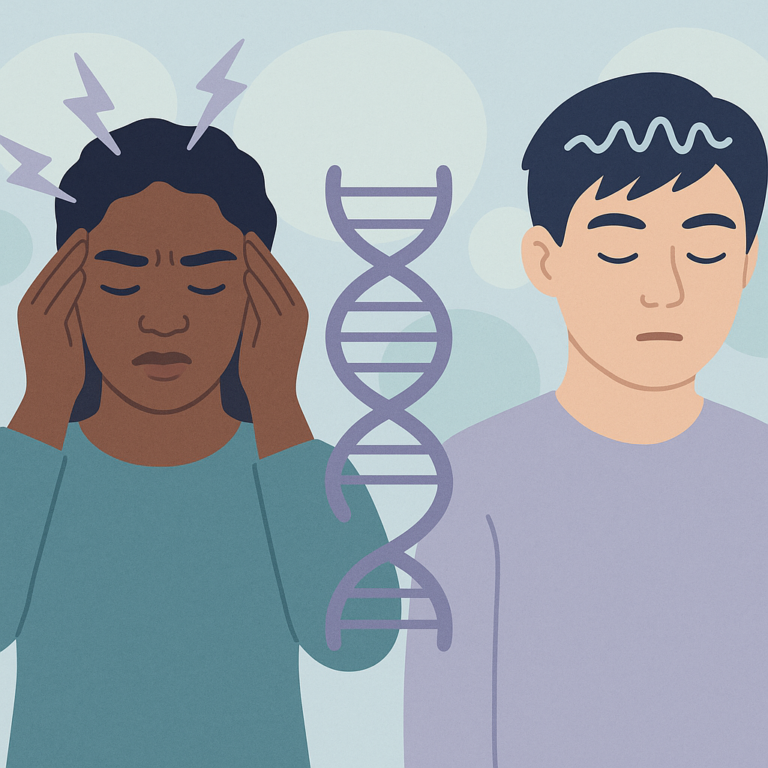
This study looked at the genetic factors that might link migraine and epilepsy, two different neurological disorders that can occur together in some people.
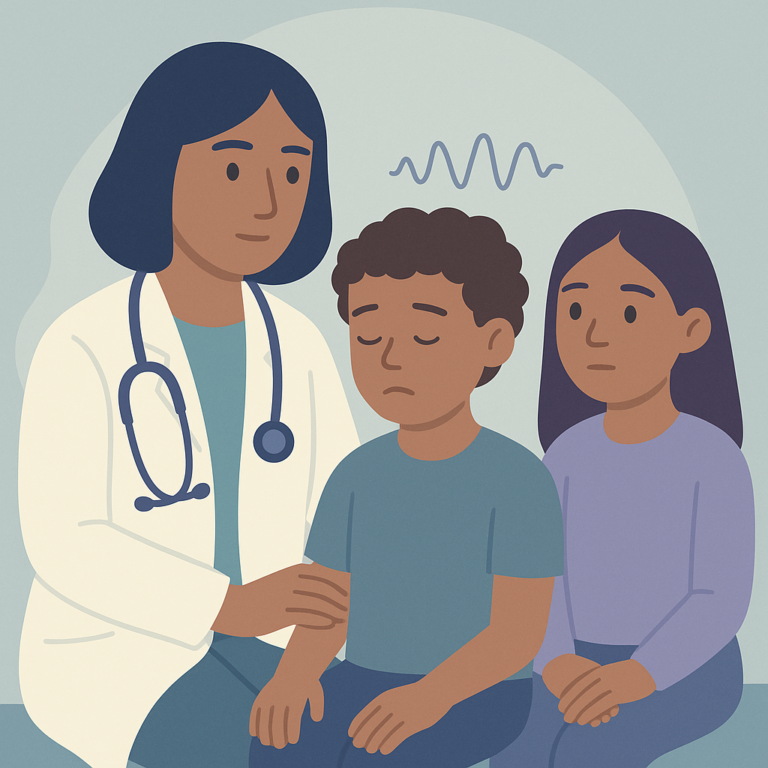
Researchers studied how having both epilepsy and attention-deficit/hyperactivity disorder (ADHD) affects the thinking and learning abilities of children under 18 years old.
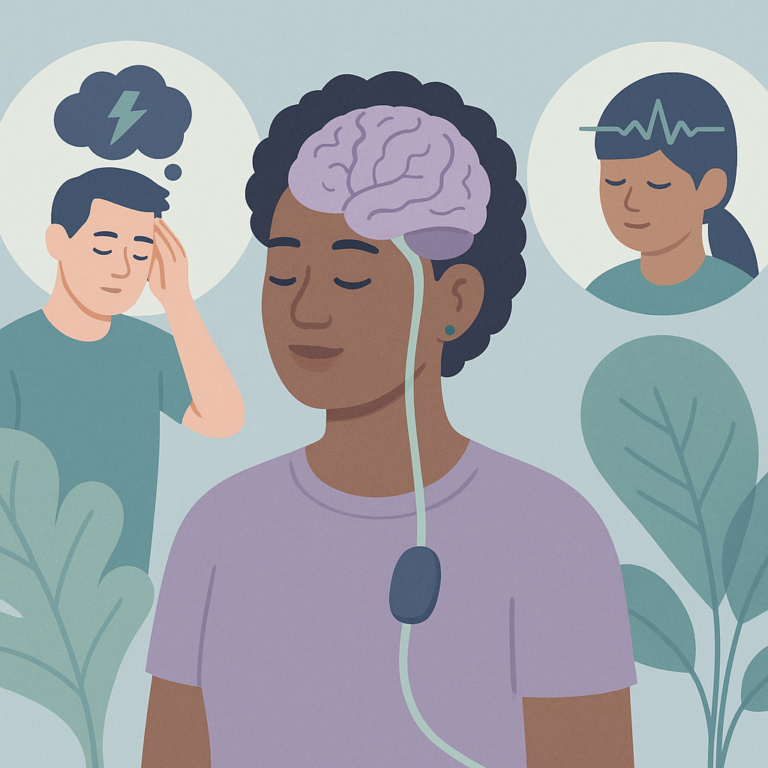
This study looked at the effects of a treatment called transcutaneous auricular vagus nerve stimulation (taVNS) on patients who have both epilepsy and migraines.
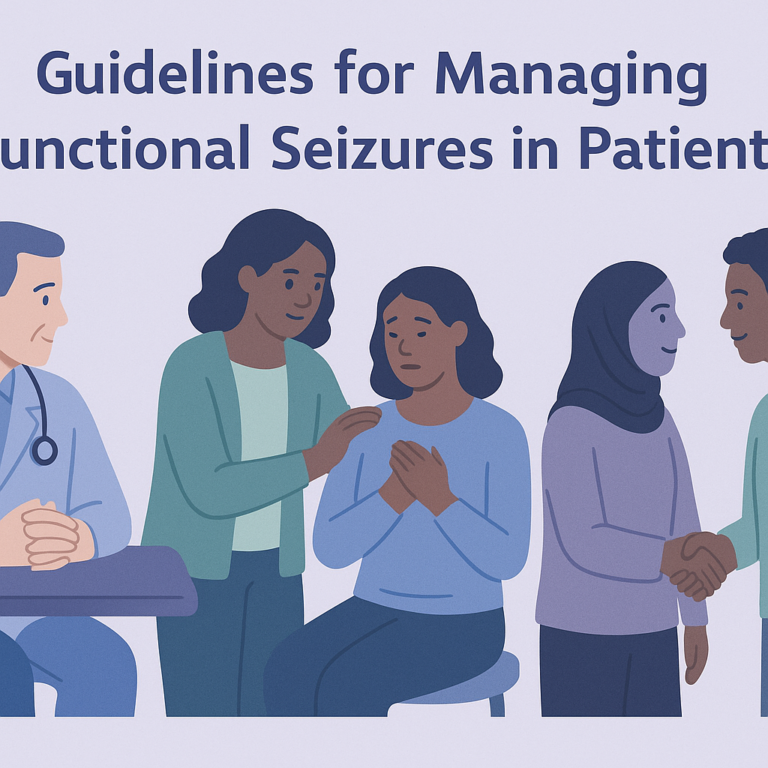
A recent study focused on the management of functional seizures, which are seizure-like episodes that do not have a clear neurological cause.